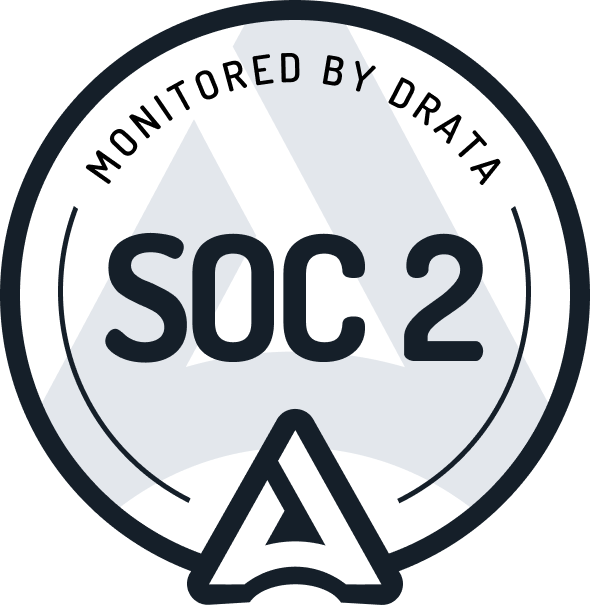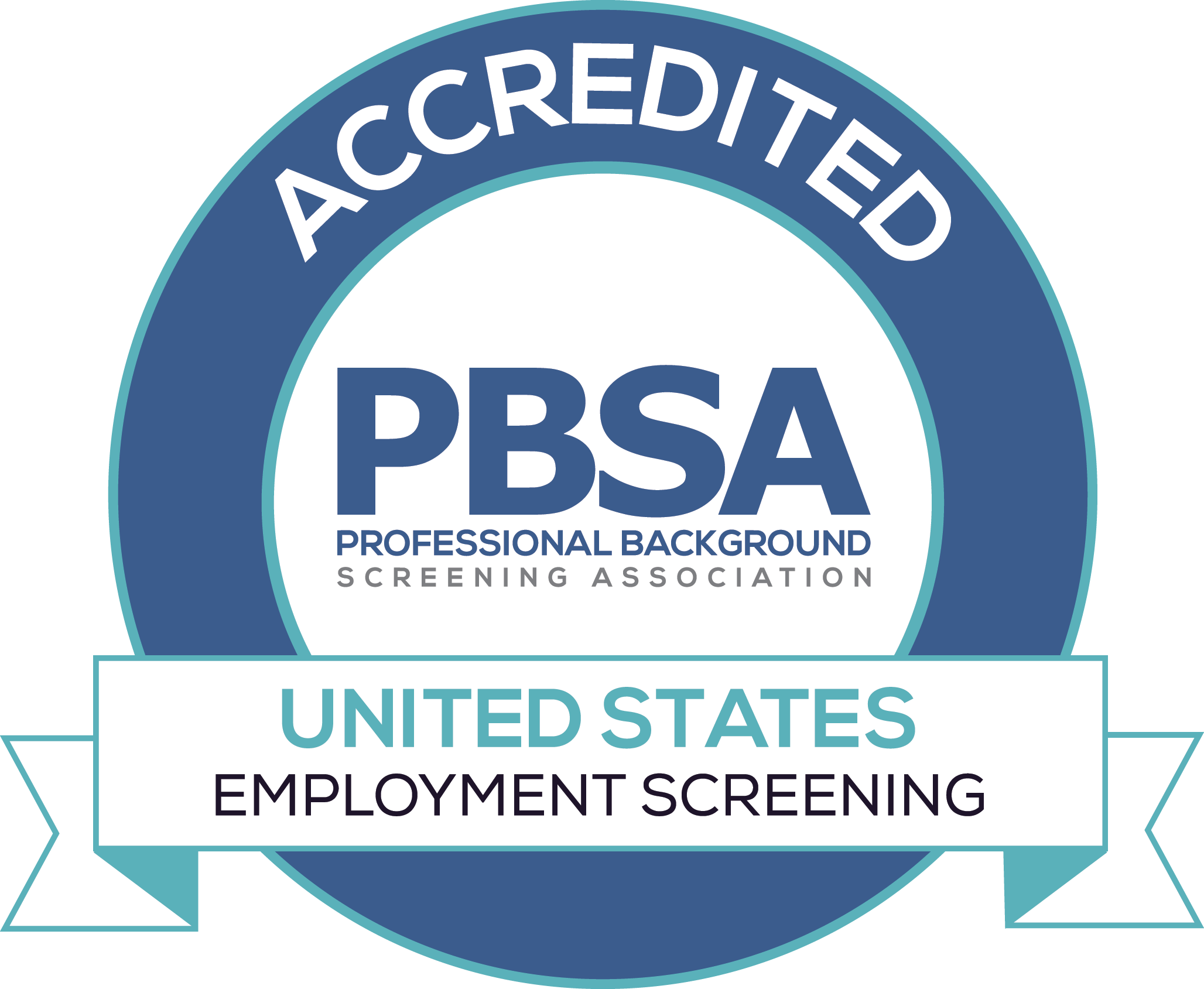March 7th, 2023
In today's ever-changing regulatory landscape, understanding and complying with relevant background screening regulations can be an overwhelming challenge. With new laws coming into effect every year, along with changes to existing ones, employers operating in the United States must equip themselves with the necessary information in order to remain compliant. The purpose of this blog post is to ensure that human resources and compliance officers (among others) maintain a curious mind when it comes to conducting background checks for potential (and existing) employees.
One of the primary federal laws governing background screening in the United States is the Fair Credit Reporting Act (FCRA). The FCRA is a consumer protection law that applies to organizations that use consumer reports, such as background checks, to make decisions about employment, credit, insurance, or other purposes. The FCRA requires organizations to follow certain procedures when using consumer reports, such as obtaining the applicant's written consent, providing them with a pre-adverse and adverse action notice if the background check results are negative, and allowing them to dispute the accuracy of the information in the report.
In addition to the FCRA, there are other federal laws that may apply to background screening in the United States, depending on the specific industry and context. For example, the Equal Employment Opportunity Commission (EEOC) has issued guidance on the use of arrest and conviction records in employment decisions, which prohibits employers from using such records in a way that disproportionately affects applicants on the basis of their race, national origin, or other protected characteristics. The FCRA also includes provisions that prohibit employers from using certain types of information in a background check.
State and local laws may also impose additional requirements on organizations that conduct background checks in the United States. For example, some states have laws that restrict the use of credit history in background checks or require employers to provide applicants with additional information or rights when using background checks. In addition, some cities and counties have local laws that regulate the use of background checks in employment, such as the New York City Fair Chance Act, which prohibits employers from inquiring about an applicant's criminal history until after a conditional offer of employment has been made.
Understanding the laws that govern pre-employment background checks in the United States is critical for employers. Compliance with the FCRA, EEOC, and relevant state and local laws is essential for businesses to protect themselves from liability. While a thorough background check can provide valuable information about prospective hires, employers must remain vigilant in ensuring it does not violate their employees' rights. To prevent legal issues from arising, create a reliable system of HR processes and protocols you can use to properly follow the law when conducting background checks for employment. Make sure to stay up to date on new or changing regulations and consult with a lawyer if needed. Know the law – and have a partner like ClearChecks to help ensure compliance in any jurisdiction!
Company
Background Checks



